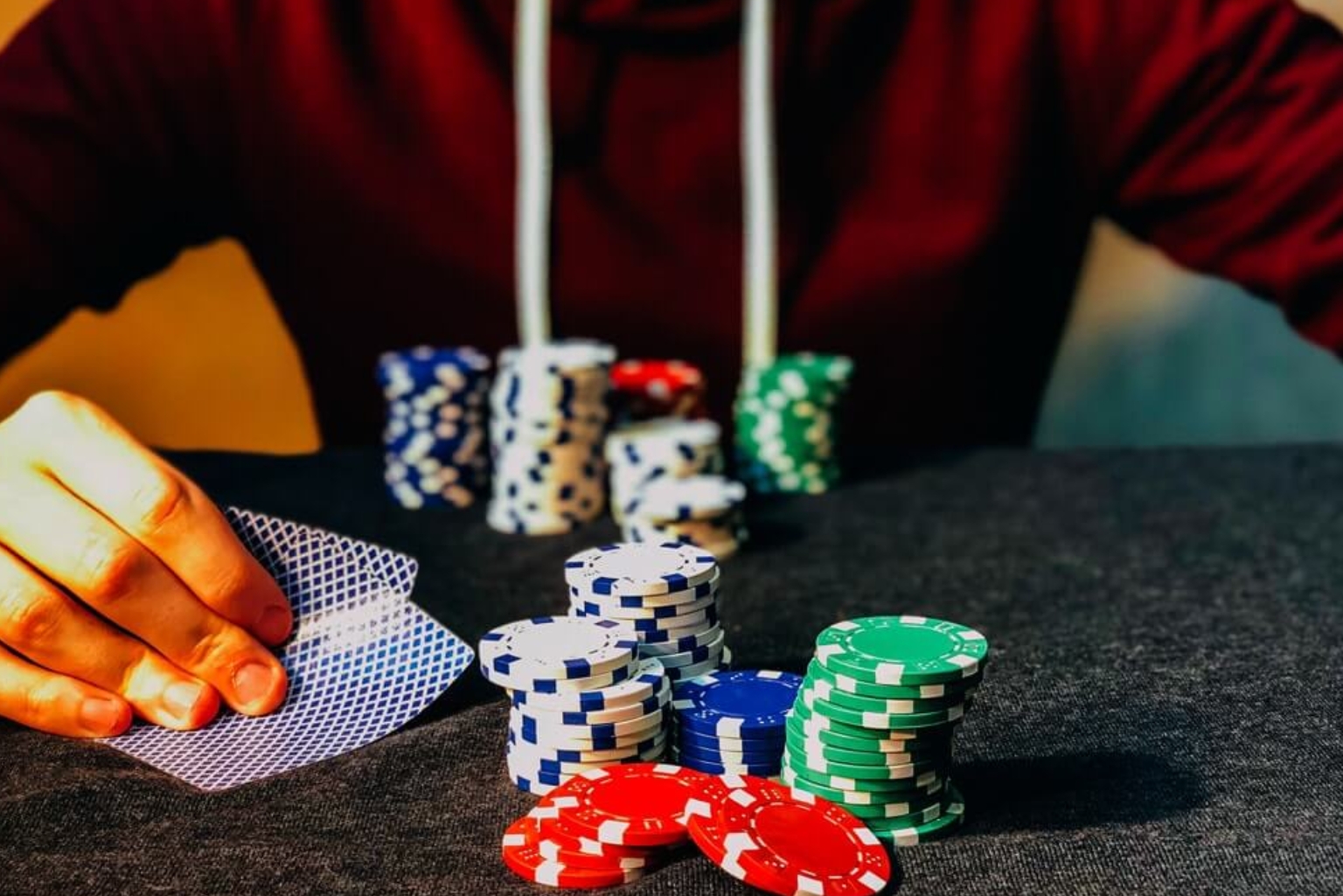

Not every addiction involves alcohol or drugs. Many people struggle with non-chemical or behavioral addictions, patterns of behavior that provide temporary relief or pleasure but, over time, create dependency, disrupt daily functioning, and damage relationships. At SOBAR Rehab Center, we recognize that these conditions can be just as overwhelming as substance use disorders. Our programs are designed to help clients understand the roots of their compulsive behaviors, regain control, and build healthier, more balanced lives.
Behavioral addictions develop when certain activities trigger the brain’s reward system, reinforcing repetitive engagement despite negative consequences. Whether it’s gambling, excessive gaming, or constant social media use, these compulsions can interfere with mental health, work, family life, and self-esteem. At SOBAR, we provide structured, evidence-based care to break these destructive cycles.
Gambling Addiction
Gambling often begins as entertainment but can quickly spiral into compulsion, leading to financial crises, secrecy, and broken trust within families. At SOBAR, treatment focuses on identifying emotional triggers, reshaping decision-making patterns, and building sustainable strategies for financial and emotional recovery.
Internet & Social Media Addiction
Excessive online activity whether scrolling, comparing, or chasing digital validation can fuel anxiety, low self-worth, and isolation. Our approach includes structured screen-time management, mindfulness training, and lifestyle redesign, allowing clients to reconnect with real-world relationships and restore balance.
Sex Addiction
When sexual behaviors become compulsive, they often carry guilt, secrecy, and relational breakdowns. At SOBAR, we provide a discreet, judgment-free space where clients can safely address their struggles. Therapy explores emotional needs, boundary-setting, and healthier expressions of intimacy to rebuild confidence and relationships.
Eating Disorders
Compulsive eating behaviors, from binge eating to restrictive patterns, impact both physical health and emotional well-being. Our multidisciplinary care combines nutritional counseling, psychotherapy, and emotional regulation strategies, helping clients restore a healthy relationship with food and self-image.
Video Game Addiction
While gaming can be enjoyable, excessive use can interfere with education, careers, and social life. We help clients set boundaries, address underlying stressors, and re-engage with offline responsibilities through structured therapy and motivational support.
Pornography Addiction
Excessive consumption of pornography can distort intimacy, fuel shame, and harm self-image. At SOBAR, treatment emphasizes cognitive-behavioral strategies, self-regulation tools, and accountability planning, empowering clients to replace dependency with healthier relational patterns.
Our method integrates psychiatric expertise with therapeutic support. Clients undergo comprehensive assessments to identify underlying emotional drivers, followed by individualized treatment plans that may include cognitive-behavioral therapy, motivational interviewing, group counseling, family involvement, and long-term relapse prevention strategies. The goal is not just to stop harmful behavior, but to build lasting resilience and a healthier lifestyle.




Our programs are especially suited for:
Welcome to Sober Living Rehab, a trusted center for mental wellness and rehabilitation. We provide dignified, discreet, and expert-led care designed for professionals, executives, and high-functioning individuals seeking lasting change.
© 2025 Sober Living Rehab. All Rights Reserved.